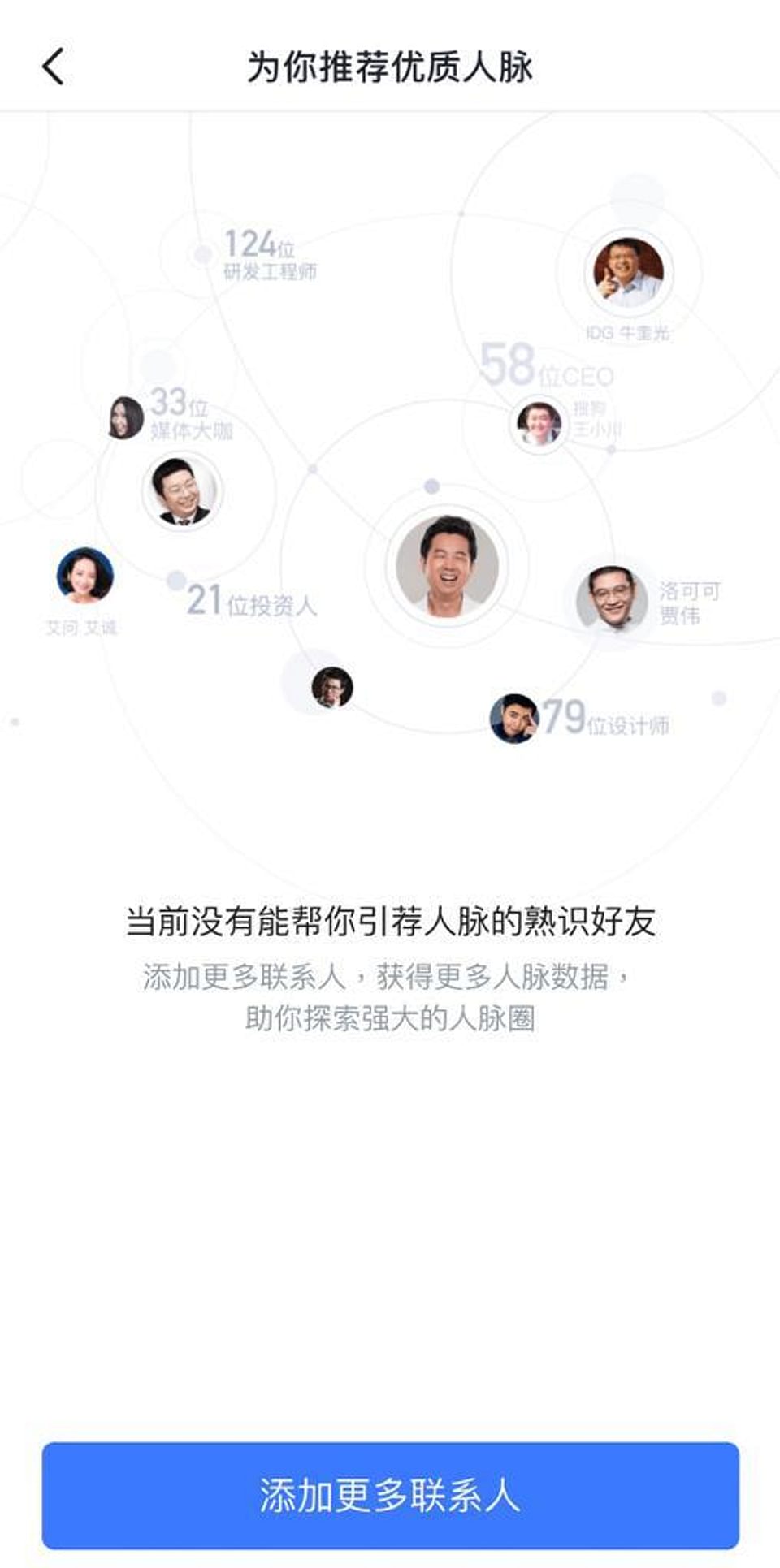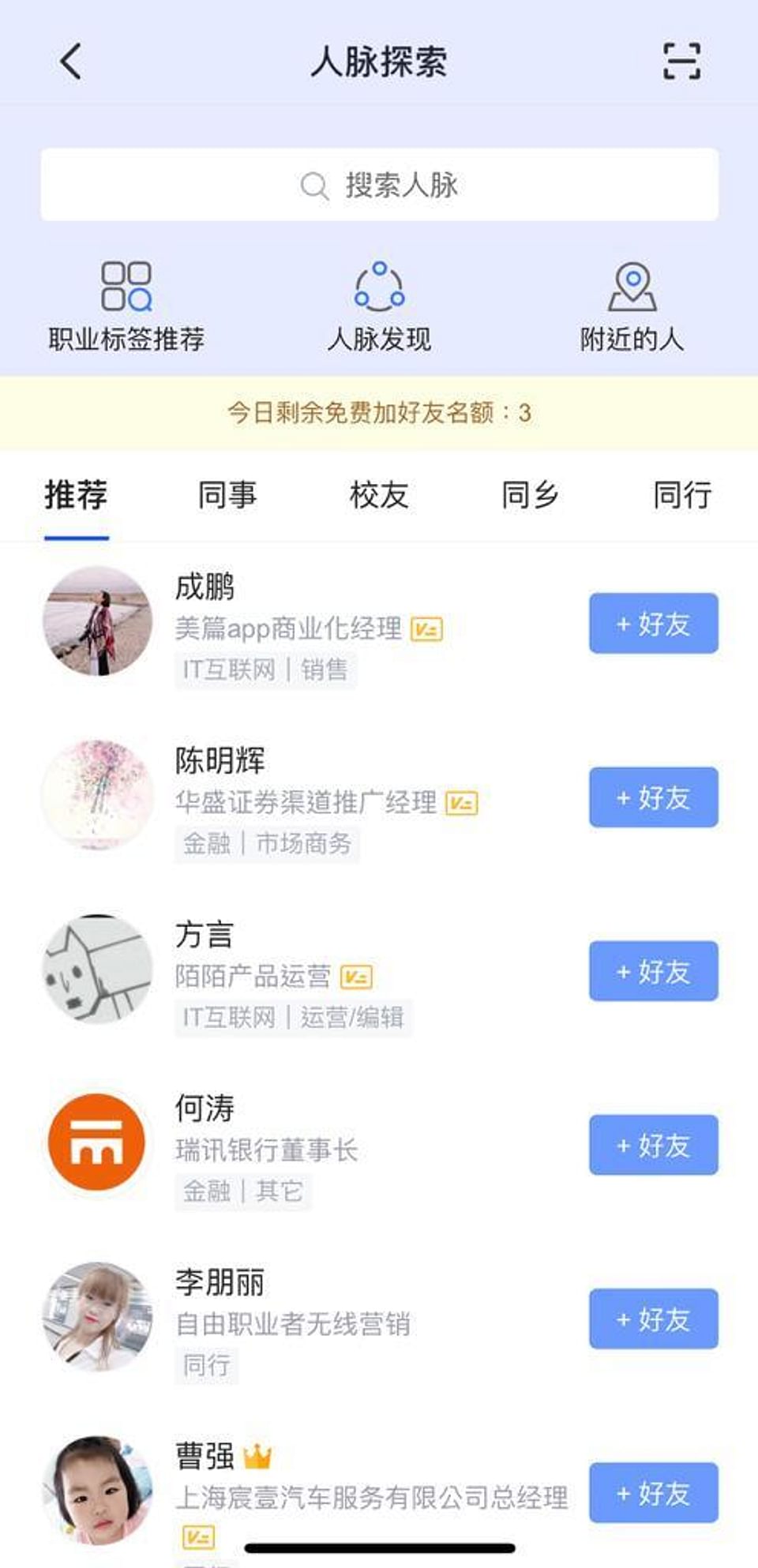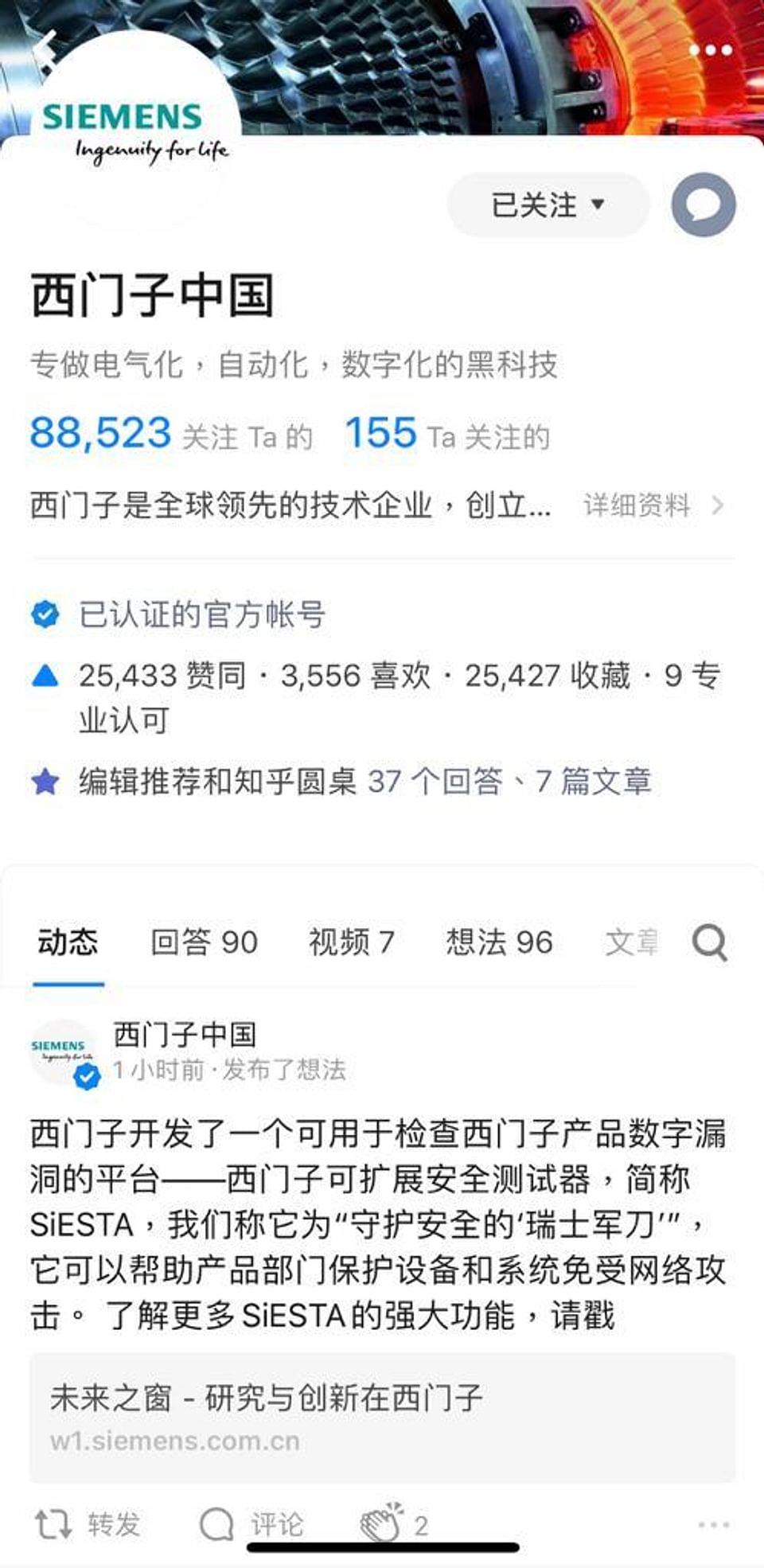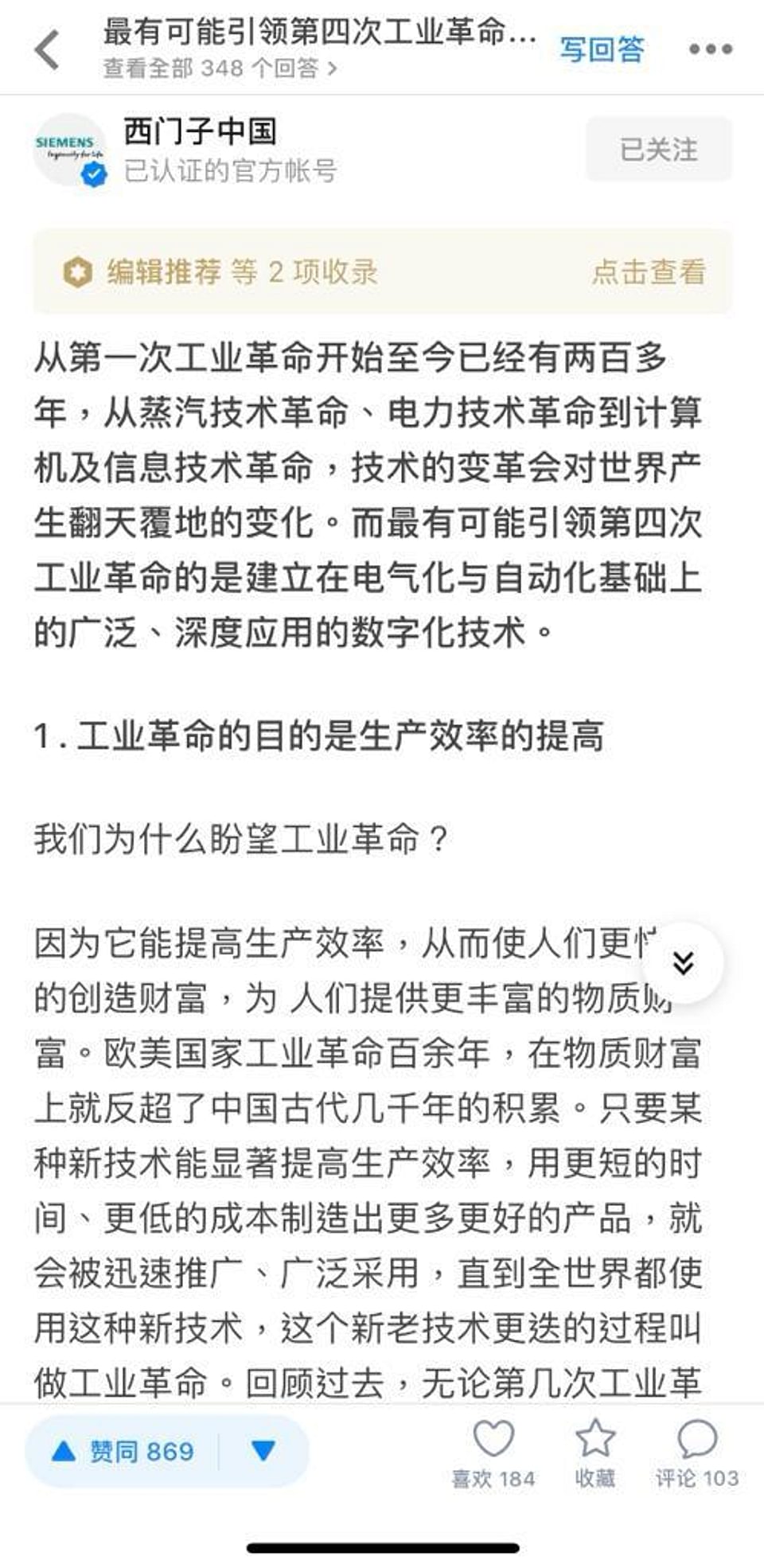Understandably, the COVID-19 outbreak is at the forefront of everyone’s minds. In one day in the month of March alone, there were nearly 20 million mentions of coronavirus-related terms on the internet. Moreover, the disease’s spread has also changed how we work and play, and function as a society.
Things are no different in China, which has implemented unprecedented measures to limit the spread of the coronavirus. Both WeChat and Weibo have seen a huge surge in traffic since the Lunar New Year holidays though activity remains focused on reading and sharing their experiences in relation to the pandemic rather than buying goods and services.
All of which has implications for B2B marketers who want their messaging to be seen and heard during this period. This is especially true in China where companies rely heavily on the country’s biggest social media platforms to serve their marketing needs.
As strategies and content plans get re-evaluated, we take a look at three Chinese B2B social networking platforms marketers should get familiar with while the world is in lockdown so you can continue to reach your audience.
Lingying and Maimai
Most marketers are familiar with LinkedIn, but it’s a rarer sight in mainland China where foreign internet giants such as Facebook, YouTube and Google remain blocked. In 2014, LinkedIn launched its Chinese version, Lingying (which means “leading elites”), and has gradually grown the user base to 48 million.
Meanwhile, Maimai, launched in 2013 and regarded as Lingying's biggest rival, aims to be the WeChat for the workplace. As of July 2019, monthly active users on Maimai in mainland China exceeded 25 million, a number that is about 50 times that of Lingying’s monthly user numbers.
Both services still have plenty of room to grow as they seek to attract China’s 425 million urban professionals. Over the years, Maimai has gained an upper hand thanks to an interface and features that seem better tailored for mainland Chinese users who are more accustomed to homegrown networking tools such as WeChat, Weibo and Sohu.
Maimai features individual and group chats to discuss news as well as popular topics such as career opportunities, as well as a referral system that allows job seekers to be evaluated for credibility. Maimai, unlike WeChat, also allows users to expand their social network by reaching out to friends of friends. They can filter search results by industry, school, province and more. The image below shows how users can expand their social circle on Maimai:


Zhihu
This popular Q&A platform, which is similar to Quora, is another service that marketers can consider to amplify their social media influence. Zhihu, which literally translates as “Do you know?”, was founded in 2011 and as of June 2019, is the most funded Chinese social and messaging start-up, having attracted investment worth US$455 million.
The platform has accumulated 130 million answers covering quarter of a million topics, including finance, technology and even philosophy. This in turn attracts a well-educated and well-paid group of users, which was 220 million-strong as of November 2018.
More crucially, content published on Zhihu sees greater user engagement and lasts longer than WeChat and Weibo. The platform is also an effective tool to improve search engine optimisation (SEO)-related performance. A Zhihu page ranks higher in search results on platforms like Baidu or Sogou, regardless of its publishing date. For these reasons, Zhihu is a valuable tool for B2B marketers looking to soft-sell and spread influence.
Marketers can also create an organisation account where their staff can join discussions initiated by consumers. For instance, Siemens has successfully harnessed this platform with its Zhihu page attracting over 88,000 followers. And, the question, “Which technology is most likely to lead the Fourth Industrial Revolution?” has garnered nearly one million views. The German manufacturing giant has used the high levels of engagement to introduce and promote MindSphere, a cloud-based IoT open operating system, to its online audience.
While the free Q&A remains Zhihu’s primary service, companies can also leverage other offerings such as pay-per-view live streaming, podcasts and e-books for a comprehensive marketing campaign. From a content marketing perspective, companies can showcase their thought leadership via Zhihu Column, which works like Medium and can be used to post articles while the Zhihu Roundtable allows companies to host webinars on topics of interest.
The coronavirus outbreak presents an unprecedented challenge for marketers. But by investing the time and resources to understand and successfully implement these online tools you and your brand will be able to connect with your audience throughout the pandemic and beyond.


World-class communications strategy and execution
Contact us to get started